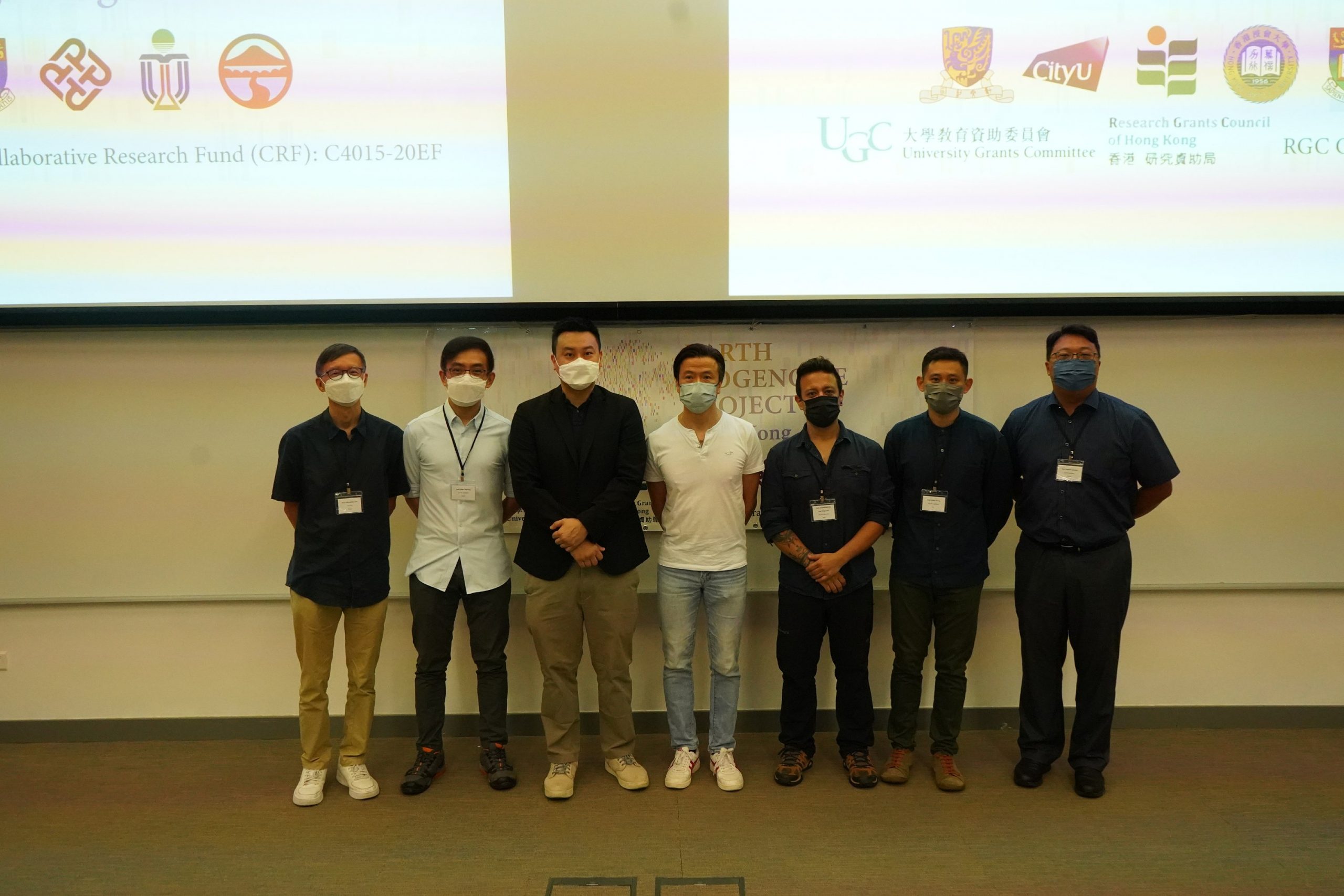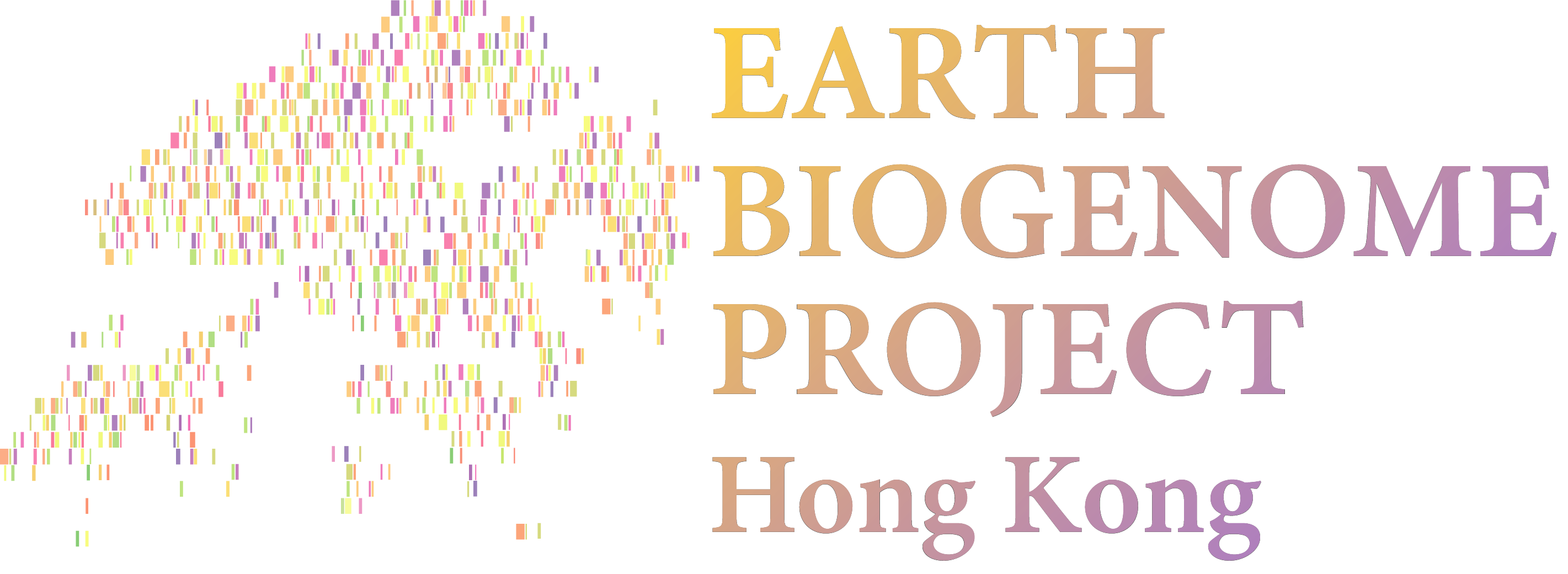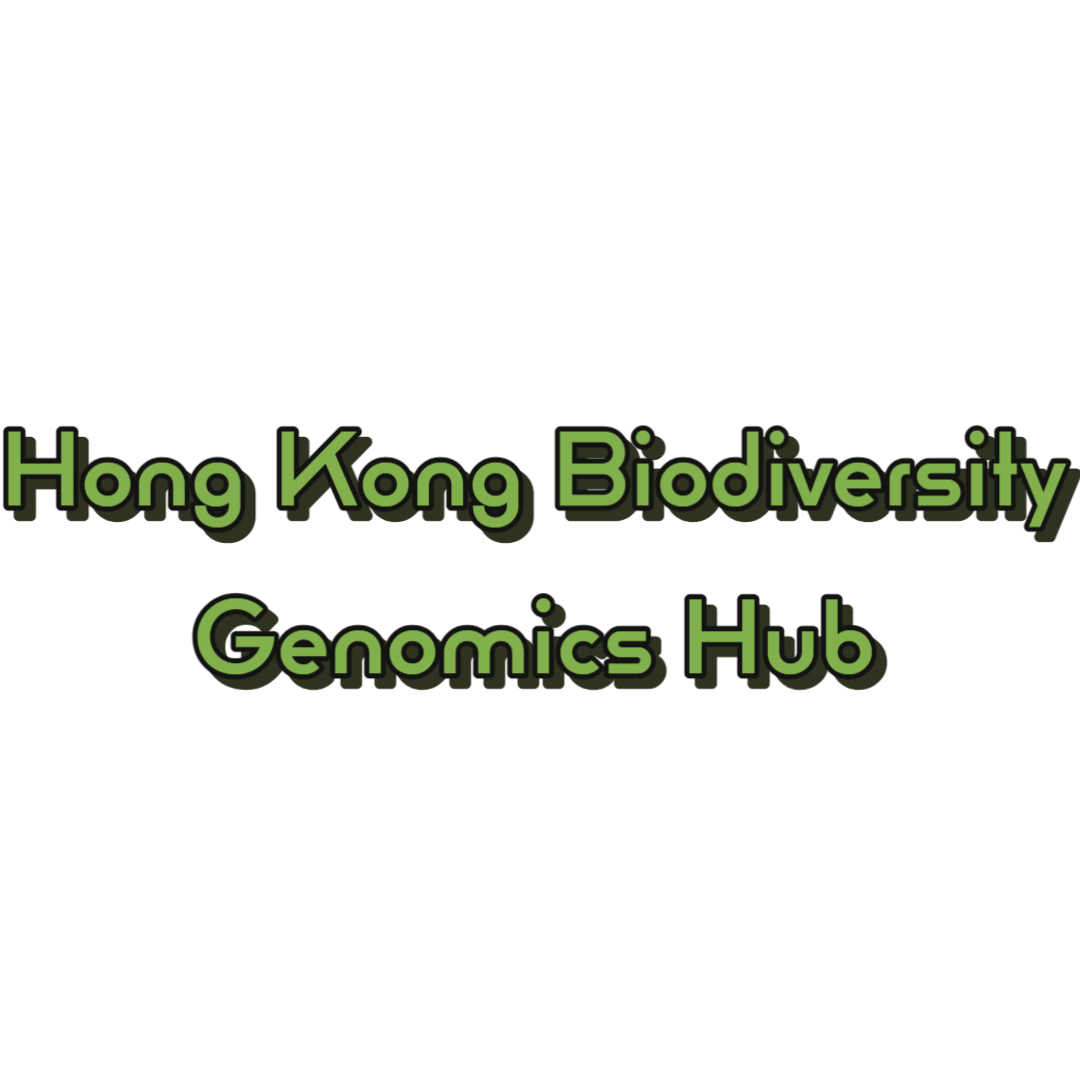
Jerome Ho Lam Hui1, Ting Fung Chan1, Yingying Wei2, Kevin Yuk Lap Yip3, Leo Lai Chan4, Chi Chiu Cheang5, Siu Gin Cheung4, James Kar Hei Fang6, Juan Diego Gaitan-Espitia7, Stanley Chun Kwan Lau8, Yik Hei Sung9, Chris Kong Chu Wong10
- School of Life Sciences, The Chinese University of Hong Kong, HKSAR, China
- Department of Statistics, The Chinese University of Hong Kong, HKSAR, China
- Department of Computer Science and Engineering, The Chinese University of Hong Kong, HKSAR, China
- Department of Biomedical Sciences, City University of Hong Kong, HKSAR, China
- Department of Science and Eivironmental Studies, The Education University of Hong Kong, HKSAR, China
- Department of Applied Biology and Chemical Technology, The Hong Kong Polytechnic University, HKSAR, China
- School of Biological Sciences, The University of Hong Kong, HKSAR, China
- Department of Ocean Science, The Hong Kong University of Science and Technology, HKSAR, China
- Science Unit, Lingnan University, HKSAR, China
- Department of Biology, Hong Kong Baptist University, HKSAR, China
Abstract
Understanding the biodiversity on Earth is more than just scientific interests, as it can also inform how to maximise the utilisation of its resources in a sustainable way. This is both scientifically and socially important. In terms of science, it will allow better fundamental understanding of the evolution and interactions of organisms on earth, and socially, it will allow new applications development as well as using the resources in a sustainable way.
The Earth BioGenome Project, which has been described as a moonshot project for biology, aims to sequence, catalogue, and analyse the genomes of all eukaryotes on Earth, including animals, fungi, and plants. Similar initiatives have already started in different parts of the world, including the Darwin Tree of Life Project in the United Kingdom, which aims to sequence all eukaryotes in the country in the first phase.
Funded by the Hong Kong Research Grant Council Collaborative Research Fund, we have installed a state-of-art genome sequencer, as well as formed a network of researchers from all publicly funded universities in Hong Kong studying genomics and biodiversity, as a crucial first step to establish the Hong Kong’s biodiversity genomic research hub.
The benefits of revealing the genomes of all animals, fungi, and plants in different parts in the world, including Hong Kong, will form an informative base to solve many current issues in the human society. Such benefits could range from increasing the understanding of how biodiversity is evolving under climate change, conservation of endangered species, provision of ecosystem services, to discovering of hidden biological knowledge for new technological inventions and development.
In this mid-term local symposium, on behalf of all investigators, I will report the current progress we have achieved so far. (This work was supported by the Hong Kong Research Grant Council Collaborative Research Fund C4015-EF).





